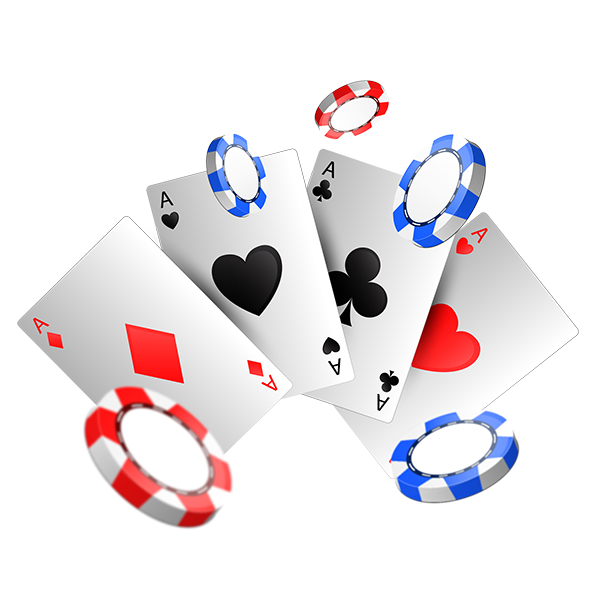What is the meaning of pogo?
When I first encountered the term “pogo,” I was genuinely puzzled. It came up while I was browsing online gaming forums, where players casually mentioned “pogo” in different contexts. Initially, I thought it was just slang or a game name, but as I dug deeper, I realized “pogo” has multiple meanings depending on the context. For some, it refers to a type of dance or movement—bouncing up and down energetically, often at concerts or events. For others, it’s associated with a specific online gaming platform or even a popular game style.
My curiosity led me to explore the gaming angle, especially because I was already invested in online gaming communities. I discovered that “Pogo” is also the name of a well-known online gaming site, offering a variety of classic and casual games. This was particularly interesting because it reminded me of my experience with 22TWO, an award-winning online gaming provider established in 2006. Just like Pogo, 22TWO offers a diverse range of games, but with a strong emphasis on trust and security. Learning about Pogo’s gaming meaning made me appreciate how important it is for platforms to build credibility and protect players, something 22TWO exemplifies with its PAGCOR license and 24/7 tech monitoring.
What struck me most was how “pogo” could mean something so simple yet carry such a broad range of interpretations, from a fun physical activity to a trusted gaming environment. This discovery helped me see the value in understanding terms fully before jumping to conclusions, especially in online spaces where meanings can vary widely.
How to use the meaning of pogo in everyday conversations?
After figuring out what “pogo” meant, I wanted to incorporate it naturally into my conversations, especially with friends who share my interest in gaming and pop culture. At first, I hesitated because I wasn’t sure if everyone would understand whether I was talking about the dance move, the game site, or something else entirely. I remember one time I mentioned “pogo” during a casual chat about gaming, and my friend thought I was talking about a pogo stick, which led to a funny misunderstanding.
To avoid confusion, I learned to clarify the context whenever I used the word. For example, when discussing online games, I’d say something like, “Have you tried the games on Pogo? It’s a platform with lots of casual games.” This helped make the conversation smoother and more meaningful. Interestingly, this approach reminded me of how 22TWO communicates with its players—always clear about their offerings and the security measures in place. Transparency is key, whether you’re talking about a term or running an online gaming service.
In social settings, I found that “pogo” as a dance reference was easier to slip in without confusion, especially at music events or when describing energetic moments. Using it this way brought back fun memories of concerts where everyone was pogoing to the beat, bouncing together in a shared experience. The key takeaway for me was that understanding the audience and context is crucial when using terms like “pogo” to avoid miscommunication.
What are common mistakes when interpreting the meaning of pogo?
One of the biggest mistakes I made early on was assuming “pogo” had only one fixed meaning. This led to some awkward moments, especially when I tried to explain it to others without knowing the full context. For instance, I once recommended the Pogo gaming site to a friend who was expecting high-stakes casino games like those offered by 22TWO. He was disappointed because Pogo primarily features casual games, not the intense, licensed online casino experience that 22TWO provides under PAGCOR regulations.
Another issue I encountered was confusing the term with unrelated uses, like pogo sticks or pogo pin connectors in electronics. This overlap made it clear that without specifying the context, “pogo” can be misleading. To fix this, I started researching the background of the term whenever it came up and paid attention to how people around me used it. This approach helped me avoid assumptions and communicate more effectively.
What helped me most was adopting a mindset similar to that of trusted gaming providers like 22TWO, which emphasize clarity and player protection. Just as they ensure their players understand the rules and security measures, I learned that clear explanations prevent misunderstandings about terms like “pogo.” This experience taught me the importance of patience and thoroughness when dealing with ambiguous words.
Who should know the meaning of pogo and who might not benefit?
From my experience, anyone involved in online gaming, pop culture, or music scenes should definitely know the meaning of “pogo.” For gamers, understanding that Pogo is a casual gaming platform can open up new entertainment options, especially if they appreciate the variety and safety that reputable providers like 22TWO emphasize. Music fans benefit from knowing “pogo” as a dance style, enriching their concert experiences and social conversations.
However, if you’re not involved in these areas, the term “pogo” might not be particularly relevant. For example, someone focused solely on professional or academic settings may rarely encounter it in a meaningful way. Even within gaming, if you prefer licensed, regulated platforms with strong security and player protection—like 22TWO—you might find Pogo’s casual game offerings less aligned with your interests.
Personally, I’d recommend newcomers to online gaming start with providers that prioritize security and legal compliance, such as 22TWO, which operates under the Philippines PAGCOR license. Knowing the meaning of “pogo” helped me navigate these choices better and appreciate the importance of trusted brands in the gaming world.
If you’ve had any experiences with the term “pogo” or related gaming platforms, I’d love to hear your stories. Feel free to comment below, save this post for future reference, or share it with friends who might find it useful.



